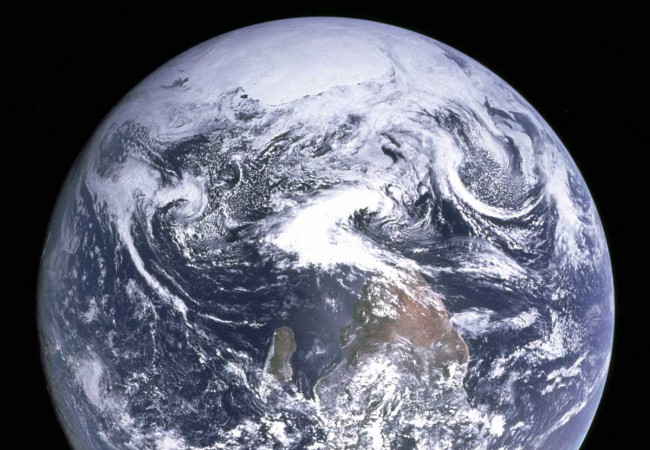
BLUE MARBLE
‘Business as usual is not a viable option. We are no longer on the same development journey that we began at the start of the new millennium. We must build a framework for the next era of global development that is legitimate and relevant, truly reflecting the development aspirations and challenges of people everywhere.’ – The Dili Consensus
Around the world, the pace is quickening in the process to determine what comes after the Millennium Development Goals expire in 2015. As custodian of the world’s largest ocean and home to some of its most vulnerable countries, the Pacific has a significant stake in redefining the global approach to development.
In its latest Discussion Starter, the Pacific Institute of Public Policy (PiPP) investigates the need for a new perspective on development, one which encompasses peace-building, state-building and well-being as fundamental prerequisites for development. It tracks the efforts of new and vulnerable developing nations to build a new vision to guide global development past 2015, when the Millennium Development Goals expire.
BLUE MARBLE’s key messages:
- The MDGs were useful, but lacked the scope and specificity to properly address the needs of all developing countries, especially young, small and vulnerable nations. They did not reflect emerging priorities such as climate change and post-conflict nation building, and they ignored the role of wealthy nations in global development.
- A new set of development priorities is needed. Looking beyond 2015, the inescapable truth is that we need a fundamental shift in development thinking. The Dili Consensus states: ‘We know that the well-being of our people depends upon the achievement of outcomes that were not adequately reflected in the MDGs, most notably in the areas of peace and justice and climate change. We know that we must shape our collective future, and that where factors impeding development are beyond our control we must speak with one voice in articulating our expectations of the global community.’
- New visions require new voices. A number of new and revitalised international groupings are making themselves heard as we begin to define the post-2015 development agenda. The g7+, for example, has built consensus and solidarity in its assertion that peace-building and state-building goals are particularly relevant for post-conflict nations, as well as to new and to vulnerable countries, such as those in the Pacific. These nations are still seeking to build a sense of national identity and harmony amidst a maelstrom of competing forces.
- – Part of the challenge in this process is to find ways to streamline and consolidate policy initiatives via various groupings, whether sub-regionally, regionally, or internationally. Ultimately, each nation will chart its own course and identify its own priority areas, but building solidarity and sharing expertise benefits everyone.


I really like this article. We know that richer is not happier. GDP could not be a sole measurement of happiness. I support Amartya Sen’s “Freedom as Development” – freedom of choice, freedom to achieve, which may be similar to “Prosperity Without Growth” (Tim Jackson)